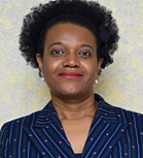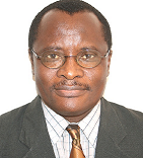Knowledge of Sexually Transmitted Infections and Barriers to Seeking Health Services among Commercial Sex Workers in Ibadan North LGA, Ibadan, Oyo State.
Keywords:
Abstract
Background: Sexually transmitted infections is an important epidemic of public health significance, especially among female commercial sex workers (FCSW), due to its associated symptoms and complications.
Objectives: To determine knowledge of sexually transmitted infections (STIs) and the health seeking behaviour among FCSW in Ibadan North Local Government Area (LGA).
Method: A cross-sectional study using self-administered questionnaires distributed to 131 FCSW in Ibadan North LGA by trained research personnel. Data was analysed using SPSS version 23. Descriptive statistics and tests of associations were done, with statistical significance set at p<0.05.
Results: One hundred and twenty-nine respondents (98.5%) were aware of STIs and the majority (69.8%) got their information from hospitals and health workers. Only 43 respondents (36.8%) had good health seeking behaviour. Associations with good health seeking behaviours were being in the age group 18-25 years (p<0.001), single (p<0.001), non-Christian religion (p<0.001), having secondary level of education (p<0.01), combining sex worker with trading (p<0.001). and work experience as a FCSW of less than 5 years (p=0.001). Multivariate logistic regression showed that respondents with less than junior secondary education were 16 times less likely to have good health seeking behaviour (OR=0.062; 95%CI=0.004-0.992) while those who were both sex workers and traders were about 37 times more likely to have good health seeking (OR=37.250; 95%CI=6.006-231.039).
Conclusion: This study revealed that the health seeking behaviour of FCSW in Ibadan is poor and most resort to self-medication. Therefore, there is need to develop interventions that will help them in accessing affordable health facility when necessary.













.png)

